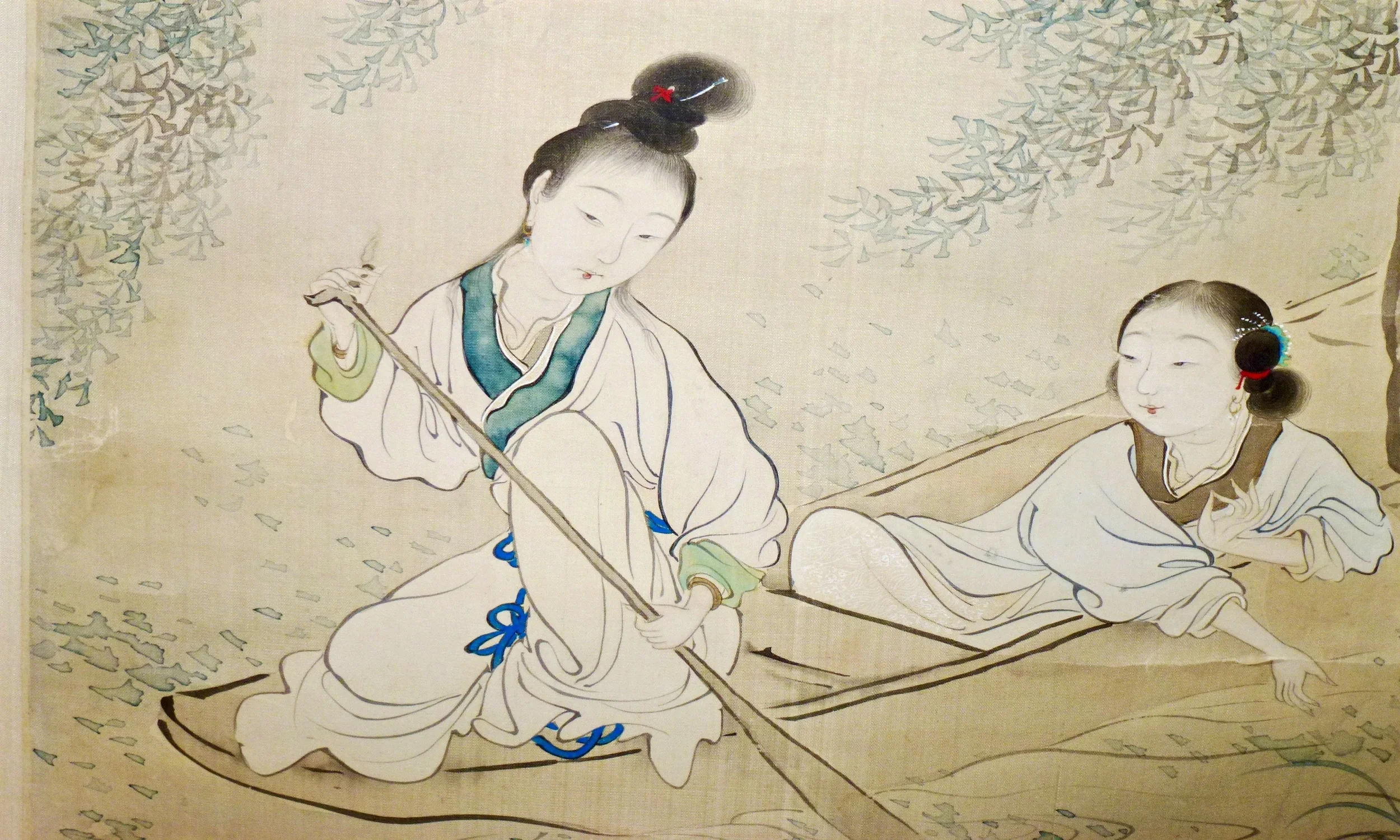The Origins of Feng Shui
The origins of Feng Shui may well go further back than six thousand years ago, the mid-Neolithic period in Chinese history. It is known that communities were well established by then, settled mainly in valley areas beside rivers. People had begun to farm, domesticate animals and grow food crops. The term for Feng Shui in ancient Chinese texts was originally Kan Yu, which means ‘observe the ways of Heaven and investigate the ways of Earth’. Feng Shui literally translates as 'wind’ (movement, dispersing - air currents) and ‘water' (harnessing, replenishing, protecting); the two natural elements that are vital for the support of life.
Early Objectives of Feng Shui
An early objective of Feng Shui was to identify suitable land, well-protected from enemies and harmful natural elements, on which to build dwellings in such a way that the inhabitants would flourish. So Feng Shui was essentially about survival and success; a means to safeguard and provide for the family, and to gain status for some. Feng Shui was also notably used to locate auspicious burial sites for the emperors and other high ranking persons, with the intention to benefit their descendants.
Ancient Feng Shui Skills
Ancient Feng Shui practitioners were similar to skilled land surveyors and geomancers. They acquired a well-developed understanding of the mechanics of nature and utilised that knowledge so that people would live well. They studied natural formations and traced the dragons, which really meant the forces, courses and behaviour of wind, water, land and subterranean features, to ensure that a beneficial flow of qi would be harnessed; they respected the natural elements and patterns of cosmic changes and sought a balance of yin and yang interaction.
Fundamental Philosophy
The ultimate original role of Feng Shui was to enrich people’s lives in places where they could enjoy a harmonious and productive connection with the beneficial rhythms of nature. Abundance might have modestly meant simply managing to produce sufficient food to thrive. Prosperity related to having wealth in personal relationships and spiritual development, just as much as material good fortune. That wise fundamental philosophy continues as the basis of traditional Feng Shui today.
